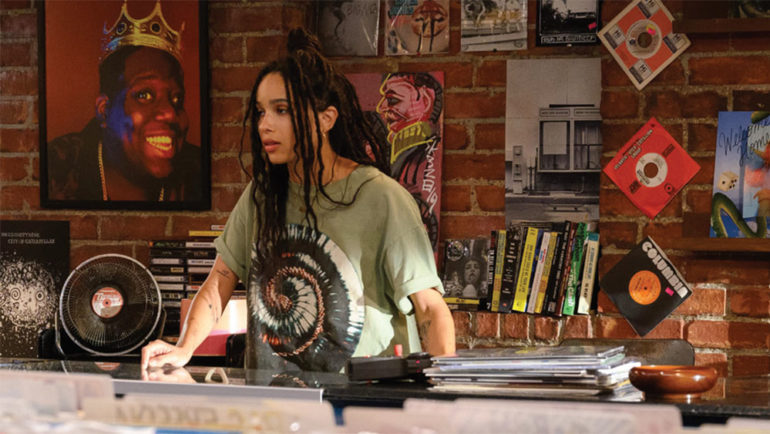As an independent news outlet, we enjoy the privilege of covering issues that bigger outlets won’t. At Los Angeleno, we write about people, places and idiosyncrasies with local impact and beyond. Your support is vital for us to continue doing so.
With your help, we can continue to write the first draft of history in Los Angeles. Check out our membership options and join today!
The pandemic has taken a lot from us, from the ability to sing “Closing Time” in a packed bar at 2 a.m. alongside drunken strangers to knowing what the bottom half of people’s faces look like. It’s also taken the lives of more than 12,000 Los Angeles County residents.
Amid the rightful fury spawned after film productions were greenlit to take place at a COVID-19 testing site and next to a restaurant that just wants to continue to exist, I’d like to add another grievance to the list: the mass cancellation of TV shows featuring complex, kick-ass female leads.
Some of these shows had already been renewed when the studios decided to cancel them, which, for a fan, makes the situation extra gut-wrenching. Apparently, those working on the shows felt the same disappointment and rage. After learning Hulu had canceled “High Fidelity,” a re-imagining of the Nick Hornsby novel, executive producer and lead actress Zoë Kravitz took to Instagram to vent her frustration. “It’s cool,” she wrote in a post. “At least Hulu has a ton of other shows starring women of color we can watch. Oh, wait.”
Despite the popularity of shows like “The Crown,” “Never Have I Ever” and “The Queen’s Gambit,” cancellations hit female leads and female creators especially hard. In times of economic crisis, the burden often falls on minorities and other underrepresented groups, and in the entertainment industry, where the divides are even starker, that’s especially true.
It’s easy to imagine a boardroom full of grumpy, old white guys axing shows they don’t connect with and, thus, don’t see monetary value in. Perhaps it was all “algorithms and numbers and nothing personal.” However, I brought receipts.
Of all TV shows canceled this year with three seasons or less, 87.3% had a female lead character. Of the shows that explicitly cite the COVID-19 pandemic as their reason for cancellation, 100% had a female lead. And yet, less than one-third of all TV shows across all platforms had a female lead this season. It’s easy to see the disparity.
That pattern continues when you look at the people who helmed the shows. Of all cancellations in 2020 of shows with three seasons or less, 41.8% had female creators. Keep in mind that only 28% of shows had female creators in 2020, which, by the way, was a historic high. Unsurprisingly, programs with at least one female creator tend to hire more women in key roles behind the camera and feature more female characters than those with exclusively male creators. Among the canceled shows, 89% of them had a female director for at least one episode. Contrast that with the 30% ratio of females directing television in 2020.
Women with dreams of directing already face a difficult path to success. And many of them may find that path narrowing even more, as budget cuts and diminishing resources mean diversity programs and other similar avenues just won’t be there this year. And they probably won’t be at the top of the priority list when things “get back to normal.”
For example, the American Film Institute Conservatory announced late in October that they would cancel the 2022 Directing Workshop for Women. This came after they continued accepting applications through mid-September. The extensive and rigorous application process means many applicants lost hours writing essay after essay and jumping through many hoops only for their efforts to be an exercise in futility.
Fans have rallied behind some of the canceled shows, hoping for them to be picked up elsewhere. Over 37,000 fans of “Teenage Bounty Hunters” signed a petition to save the show, while “GLOW” fans have been sending Nerds candy to Netflix with messages written on the boxes pleading with the streaming service to reverse the show’s cancellation.
So, to the television powers that be, please hear our prayers and save these great shows and diversity programs. We cannot afford to lose more kick-ass female characters, as well as opportunities to close the gender gap in directing or the hard-fought progress in representation. Let’s not allow the pandemic to rob us of one more thing when the safest activity we can do right now is binge watch TV shows anyway.

